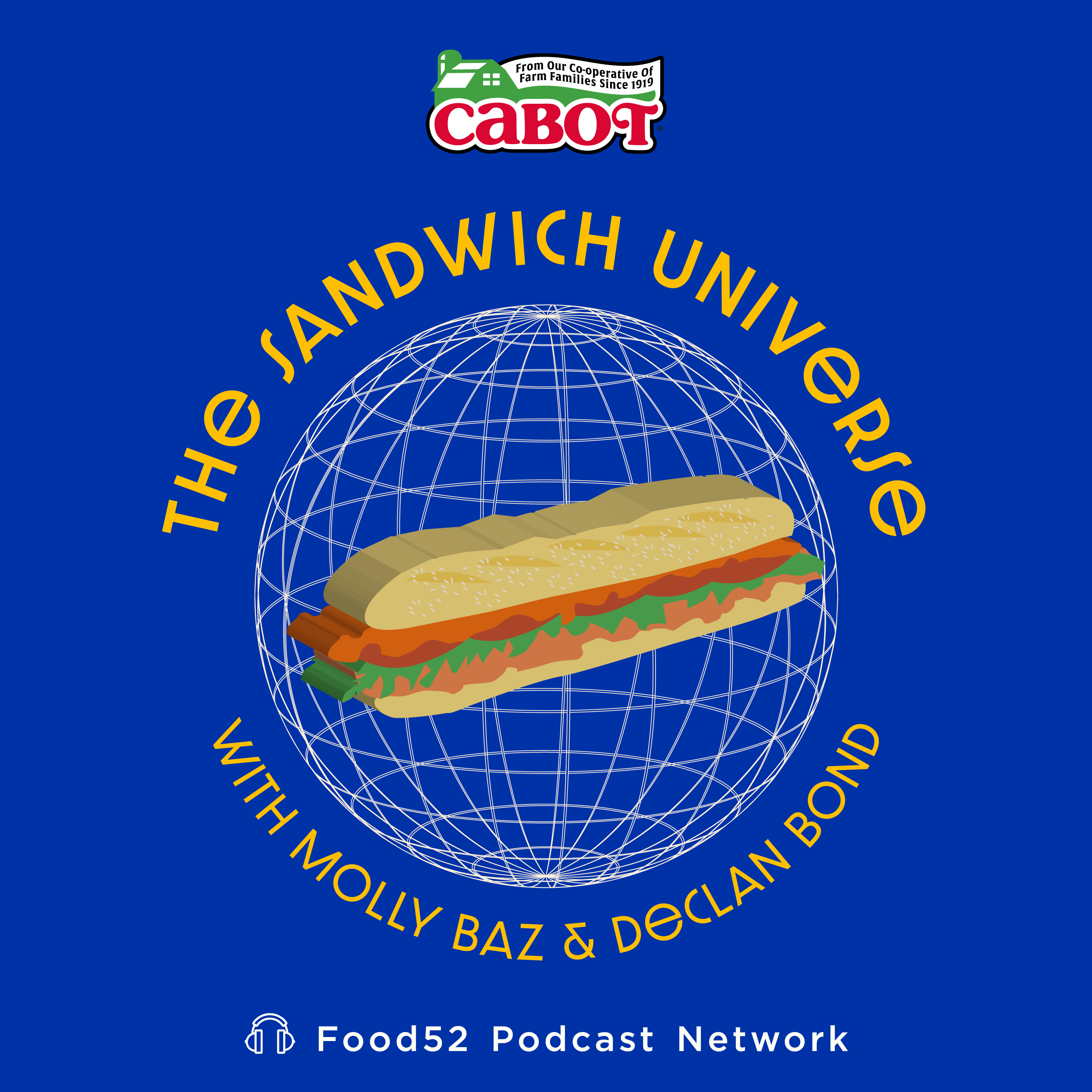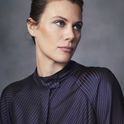Julia Bainbridge, author of the forthcoming book Good Drinks, examines how cookbooks, recipe websites, and Google search trends are lining up with the changing landscape of nonalcoholic beverages today.
If you have access to the Internet and care about food and drinks, you've likely seen at least one article about the alcohol-free bars popping up around the country. (There have been many, many reports—though the staying power of these businesses remains to be seen.) You've certainly heard something about Dry January or Sober October. And while it's debatable whether or not sobriety is on the rise, as some have claimed—binge drinking is a growing problem among certain sets of the population—moderation is definitely a hot topic today.
The most striking data point that supports this: Google Trends found that searches for "non-alcoholic” increased 81 percent from 2018 to 2019.
Some new cocktail books reflect what might end up being a meaningful adjustment to America's drinking habits. Star bartender Leo Robitschek's The NoMad Cocktail Book, published last October, features a small chapter on "Soft Cocktails.” Allen Hemberger, co-director of media and publishing for Chicago's Alinea Group, says that somewhere between 5 and 10 percent of the drinks in The Aviary Cocktail Book and The Aviary: Holiday Cocktails, published in 2018 and 2019, respectively, are alcohol-free. Former Momofuku bar director John deBary's forthcoming Drink What You Want contains eight alcohol-free recipes out of about 60 total.
"These recipes are about giving you options," deBary writes in the introduction to his "Feeling Sober" chapter. "Maybe you don’t drink at all, maybe you don’t feel like it at the moment—whatever. Not drinking doesn’t always have to be a thing. Live your life; drink what you want."
Maggie Hoffman, author of Batch Cocktails, which has an “Alcohol-Free” section, agrees that consumers seem to want more options. "Over the years, as a drinks writer, I've been getting more and more requests for nonalcoholic ideas," she says. "And my friends: Some are not drinking at all, some are reducing the amount they drink, some are not drinking that day, some want to talk about it, some don't want to talk about it ... It's just gotten more to be a part of my life."
Batch Cocktails is geared towards home entertainers, who Hoffman wants to be able to enjoy the party, not just provide it. The idea: Prepare drinks ahead of time and avoid toiling away in the kitchen while your guests clink glasses—but do consider that some of those guests might not want alcohol. "The welcoming host is ready, no questions asked," she says.
The way America drinks is constantly changing, and wildly so. “Every century, our drinking pendulum—the radical change in our relationship to alcohol—swings,” Susan Cheever writes in her revelatory Drinking in America. We went from the drunkest country in the world to one that outlawed drinking (with disastrous results), then back to excess in the ‘50s and ‘60s. And “[a]lthough in the twenty-first century there are more laws and more stringent social controls on drinking than there have ever been in our history,” writes Cheever, “we are drinking enough to make alcoholism a significant health problem.”
This is still true today, but Cheever’s book came out in 2015, before national survey data was published reflecting albeit small declines in heavy alcohol use, and before this most recent conversation about moderation began. Might we be moving in a more balanced direction—for real?
The decision to publish these books says something. My own editor at Ten Speed Press, Kelly Snowden, says that while it's hard to look at alcohol consumption statistics and parse what they mean exactly, she and her colleagues decide what books to take on by considering those kinds of statistical studies in addition to weekly health, wellness, food, and drinks reports.
"The metadata team at Penguin Random House [Ten Speed's parent company] mines online data for trends and sends it out, giving a snapshot of an industry from week to week," she tells me. Snowden also watches what's happening in the hospitality world. "Chefs and bartenders are being open about their struggles with alcohol and that, in part, has led to restaurants being more inclusive and understanding of people who don't drink. That then extends to the books these chefs and bartenders write."
The world of book publishing and the Internet are more intermingled now than ever, says Hoffman, who is also now a senior editor at Epicurious.
"When a book comes out, some of its recipes will be reprinted on websites that cover cookbooks and recipes: Epicurious, Food52, The Kitchn, and all the others. So those recipes are on the Internet; they come up in Google. If people are looking for a certain type of recipe—nonalcoholic cocktails, for example—they'll find it, and the editors of those sites who are looking at traffic reports, or looking at how things do on Instagram, will get the message: Hey, this type of recipe is popular. Maybe then they'll decide to publish more of that type of recipe; then those nonalcoholic cocktails are even more visible.”
It all feeds a cycle: Google searches can affect what kinds of cookbooks get made, while books have the power to shape the Internet—and culture—too.
Might we be moving in a more balanced direction—for real?
Of course, with only a small percentage of their pages devoted to nonalcoholic drinks, the books mentioned here aren't meant for sober buyers. They're for considerate hosts as well as those interested in moderating their alcohol consumption—and those who are curious. As a category, nonalcoholic "cocktails" are getting more sophisticated now that experts are paying more attention to them. And that's perhaps the most important point of all: The reputation of alcohol-free mixed drinks, formerly chided for being syrup-layered fruit juice, is improving because they are, finally, good.
"This is all going to be less of a thing soon," says deBary. "It's not going to be about a nonalcoholic chapter. It's going to be more integrated." Case in point: Amanda Englander, deBary's editor at Clarkson Potter, will publish Fizz by Olly Smith in the fall. Already out in the UK, the book is peppered with nonalcoholic cocktails throughout, she says.
Ben Branson, founder of nonalcoholic spirits brand Seedlip (and father to a newborn girl), has a fuller, if more extreme, vision of the future. “In 25 years,” he said recently at an event celebrating the publication of his own nonalcoholic cocktail book, “my daughter will eat very little meat, she'll have just four pairs of pants, and whether she drinks alcohol or not, it simply won’t be part of the conversation.”




Join The Conversation